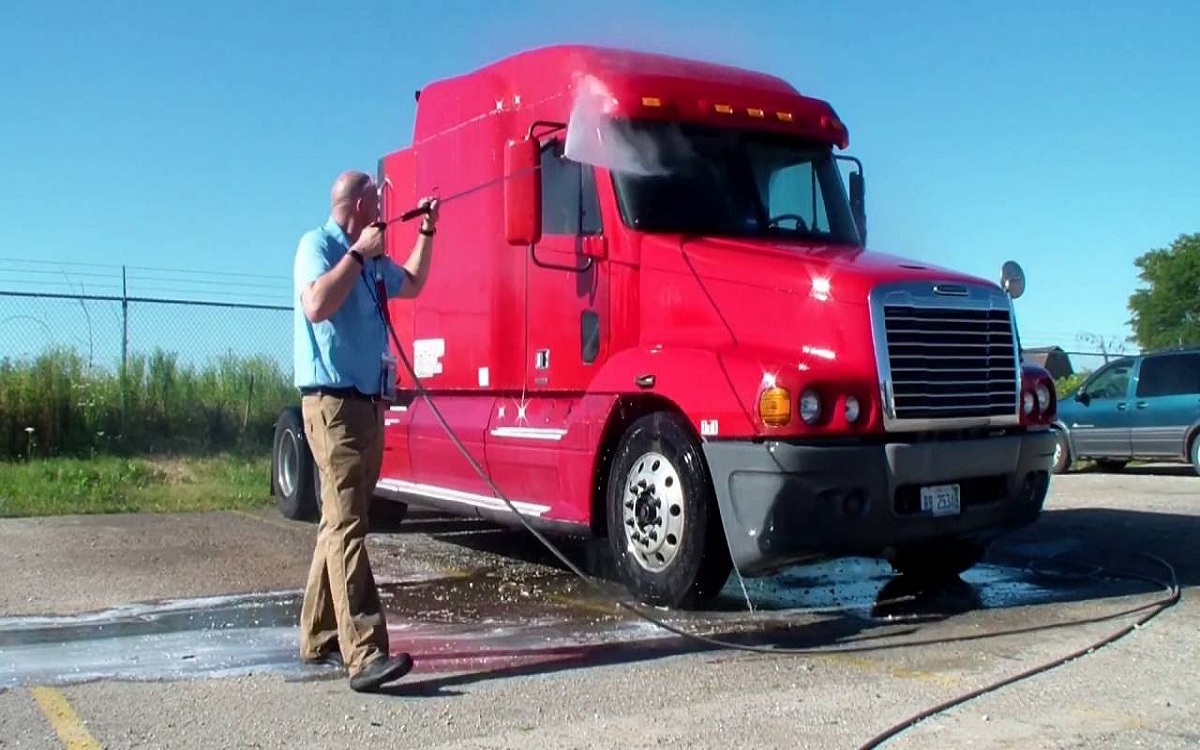Being involved in a collision on the road can be stressful for any driver. However, commercial truck drivers and carriers have additional legal responsibilities following an accident due to regulations aimed at improving highway safety. In this article, we will outline the key collision reporting requirements truck drivers and companies must follow to stay compliant with Department of Transportation (DOT) rules.

Content
Notify Authorities and Provide Assistance
The first priority after any accident is ensuring the safety of those involved. Truck drivers must stop immediately at the scene of a collision and provide any needed assistance to injured parties. Drivers are also required to notify local emergency responders by calling 911. Commercial vehicles often carry hazardous materials, so proper authorities need to be alerted right away in case of leaks or spills.
Secure the Scene and Exchange Information
Once emergency services have been contacted, drivers should work to secure the accident scene. This involves setting out reflective triangles or cones behind the vehicle to warn other road users. Drivers and passengers in all involved vehicles should exchange insurance and contact information. Details like names, license and registration numbers, and vehicle makes/models are important for creating accident reports.
Complete a DOT Accident Report
Within 24 hours of any collision resulting in injuries, deaths, or over $7,500 in property damage, carriers must file a accident report with the DOT. This includes collisions involving commercial trucks that weigh 10,001 pounds or more. The report collects details about factors like the vehicles/drivers involved, road conditions, weather at the time, and a brief summary of what occurred. Accurate completion and submission of this report is vital for remaining in compliance with federal regulations.
Preserve Evidence for Future Claims
In many accidents, claims and potential lawsuits arise long after the initial collision. For this reason, trucking companies should make efforts to preserve any evidence that could be useful down the line. This could include taking photographs of vehicle damage, collecting witness statements, or retaining damaged parts as exhibits. Proper documentation is especially important following incidents like a Las Vegas commercial truck accident resulting in significant injuries where liability may be disputed.
Notify Your Insurance Company
Vehicle owners and carriers are required to have active commercial auto insurance. Drivers involved in an at-fault collision or who receive a citation must promptly notify their insurance provider within a reasonable time frame. The insurance company can then begin processing any claims, determine coverage and payouts, and assign adjusters to investigate liability. Not contacting them in a timely manner could potentially jeopardize coverage in the event of a future lawsuit.
Maintain Accurate Driver logs
DOT regulations require commercial motor carriers to keep accurate records of driver hours of service. Any collisions that occur while a driver is on duty must be accurately logged, including time spent at the accident scene. Driver logs may later be reviewed during an investigation into the root causes of an incident. Falsifying logs to obscure violations can result in stiff civil penalties against the company from regulators.
Conclusion
In conclusion, prompt and full compliance with collision reporting duties protects both commercial drivers and carriers from legal liability down the road. Proper documentation and adherence to regulations helps demonstrate diligence to investigating authorities and potentially fact finders in the event of litigation following crashes like motor vehicle accidents in busy metropolitan areas.

Daniel is the eco-conscious auto whisperer. His blog doesn’t preach; it educates on the world of green transportation. It’s your guide to reducing your carbon footprint without sacrificing style or speed.











